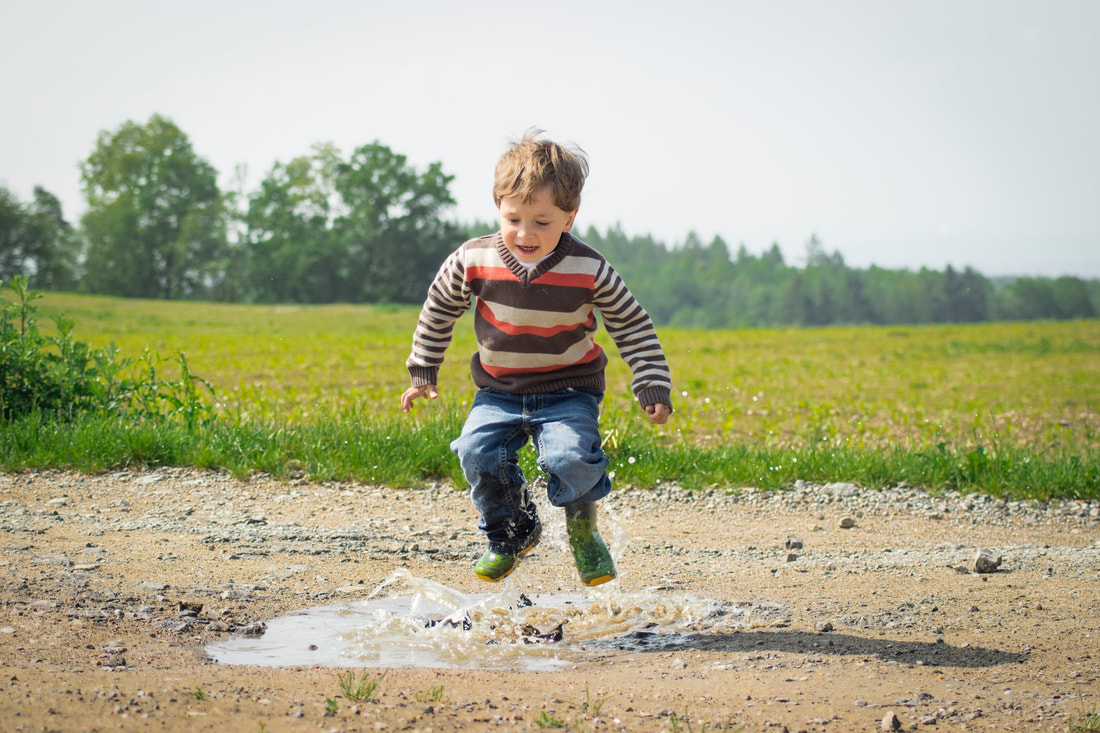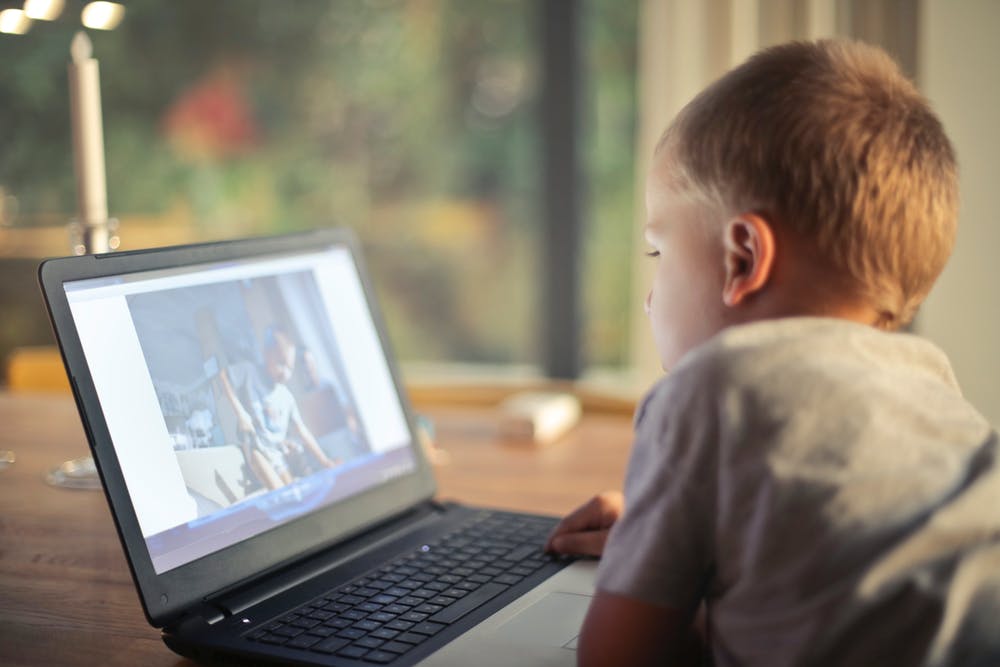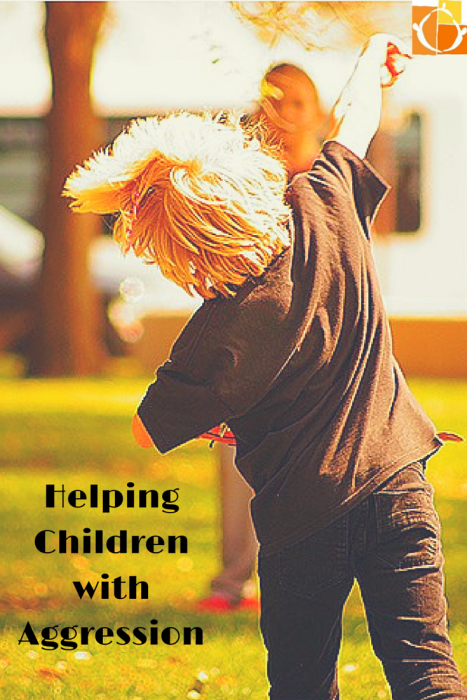It’s not. It’s about you, the parent, and the ‘stuff’ that you carried into this gig. You and I both know that parenting did not come with a manual with a colorful cover, an appendix with chapters that range from infancy to adulthood, and we certainly didn’t have to take an exam or gain a license to become a parent. If you ask me, before we decide to start a family, we should be required to take a course and gain a certificate that says, “You’ve Been Warned. You’re about to get on the bumpiest roller coaster ride of your life. You will learn and teach, you will watch and be watched, you will guide and be guided.”
When I became a parent, I had a vision of who my child was going to be. I often was lost in my daydreams of a blue-eyed little boy who would eat, sleep and follow my every instruction, who was athletic, confident and social. Well, I did have a beautiful blue-eyed boy but the rest didn’t work out like just like that.
Part of becoming a parent means that we need to understand and recover from the parenthood that we received. It means that we need to understand and become aware of the messages that were given to us, the wounds we continue to carry, the messages we continue to give ourselves that started off as our parent’s judgments, criticisms, and conditions and then became our own words that we speak to ourselves, with or without awareness.
Our Children are Not Here to Satisfy our Needs
Our children are not our narcissistic extensions. They are not here to fit into our visions and expectations of who they will and should become. Our children are born with clean slates and they have the potential to do everything, anything. But it is through our criticisms, expectations and our conditional love that creates judgments and deflates motivation and potential. We have been given by our parents, and their parents and their parents, a checklist of who we “should” become as parents and who our children “should” become. But that checklist may not be in sync with who your child is, who they want to be, and therein lies the problem. Instead, we live a life where we are “should-ing” all over ourselves.
Do the Dance
When two people dance, one person moves forward and the other responds by stepping back; one moves to the side, and the other follows. The dancers listen to the body language, feel the direction in which the pair is being pulled. Dancing is an art because there are no clear-cut rules about the exact steps. Yes, we can take dance lessons and have an idea of the type of movement, the beat, the general idea.
Parenting is a dance. A dance with no instruction on how your child will respond, what to say, how often to say it. It requires timing and awareness of what is needed, how much and when to stop. When to say something and when not to; when to guide and when to step away; when to intervene and when to let your child work it out, or not.
I know, it’s exhausting, but being in tune with your child will make your parenting more productive in that you are moving in the same direction. When you move out of sync, you, the parent, and your child become frustrated and the interaction is no longer enjoyable.
Image by: Thrive Global









